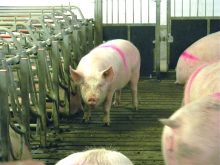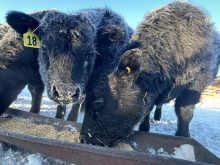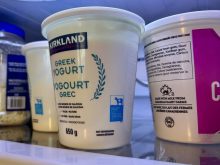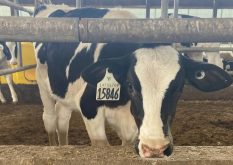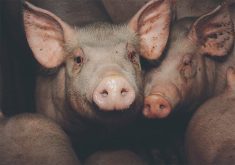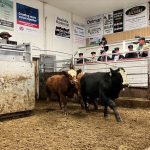China’s attempt to crack down on illegal food additives is being met with somewhat poor results, even though offenders face the death penalty if convicted. Pork continues to glow in the dark, hair is made into soy sauce, and fish are fed birth-control pills.
The lack of a controlling agency equivalent to the Canadian Food Inspection Agency or the American Food and Drug Administration leaves food safety and quality up to the state-run police. With more than 448,000 food processors scattered throughout China, many of which are tucked away on back streets and rural roads, the task of enforcement is huge and the risk of getting caught is slim to none. It is only when a full-blown crisis occurs that the Chinese government gets active and severely punishes the culprits.
Read Also
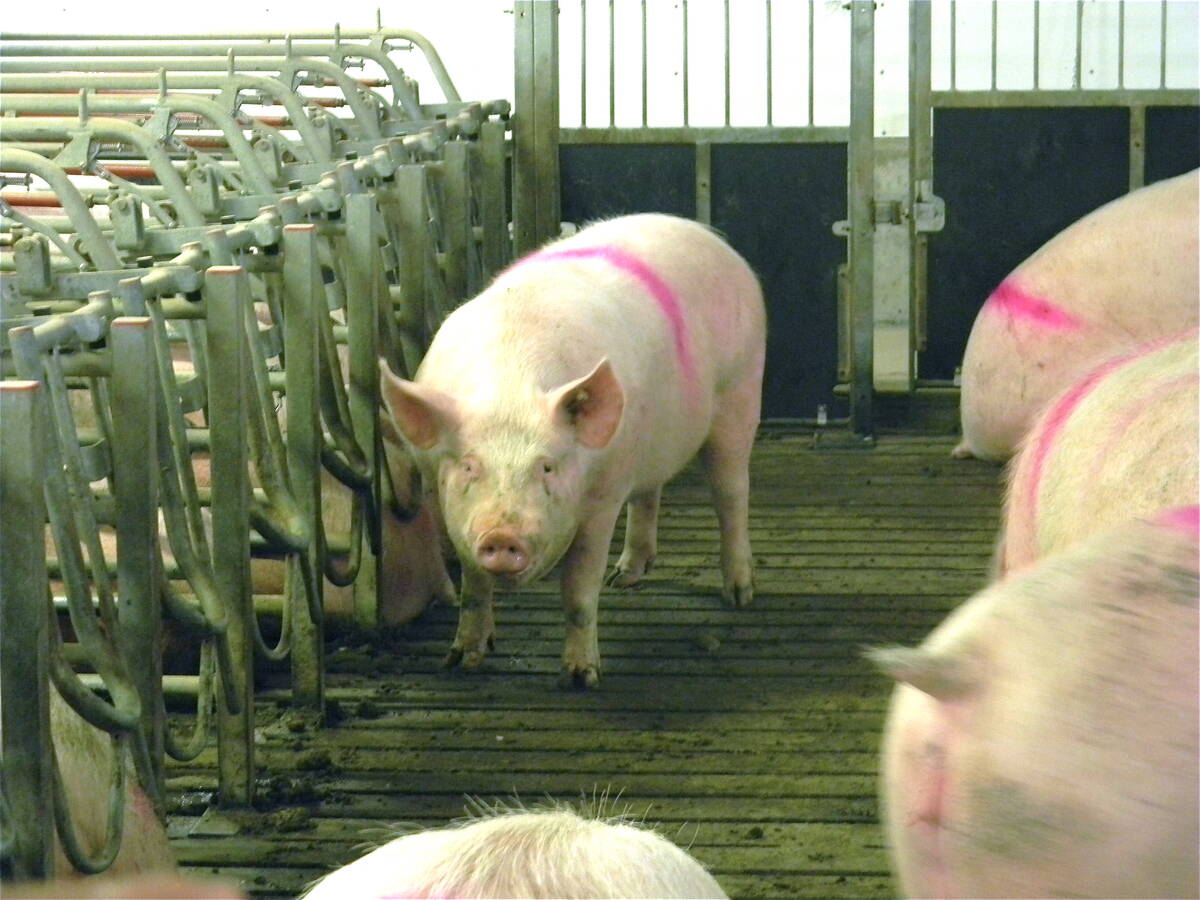
PRRS: The $1.4B ‘mystery’ still haunting hog farmers
For 30 years, this highly mutative virus has devastated the pork industry, outsmarting vaccines and requiring extreme biosecurity to control.
When 300,000 babies were sickened and seven died because a manufactured baby formula contained melamine, two company executives were executed. If that were the end of the story and of the problem, it could almost be acceptable. But, when the father of a sick child spoke up about the aftereffects, including kidney failure of his child, he was promptly jailed for 2-1/2 years for inciting social disorder.
The truth about China’s food safety and security is enough to turn even the most iron stomach sour. There are documented cases of pork fed clenbuterol, a beta-2 agonist, sickening hundreds. Eaten in quantity, such as at a buffet, the “lean pork powder” causes heart palpations, nausea, convulsions, dizziness and vomiting. Glow-in-the-dark pork has also been documented repeatedly and that has been attributed to a phosphorescent bacteria found in the product.
Chinese farmers and manufacturers have been caught feeding birth-control pills to fish so they grow faster; using an altering glaze on pork so it tastes and smells like beef; adding ink and paraffin to noodles to make them appear a higher-end product; recycling cooking oil from open sewers; and making soy sauce from hair clippings. A variety of food products tested on the shelf has been found to contain pesticides, paint, bleach and industrial salt.
One could wrongly assume that food issues are contained to small enterprises tucked away in some backyard or alley. WuMart, the Chinese version of Wal-Mart, with 493 large retail outlets, looks no different inside than the vendors on the street. Dead chickens can be found piled on the counter, without cover or refrigeration. Although other retail giants are eyeing China, it is likely that the traditional way of presentation will continue to flourish. The issue of food safety is starting to be discussed, but at the cost of personal freedom. Talking to a reporter about food poisoning, food safety or health issues related to food will very quickly land you in jail, where there is no chance of parole or early release.
China also polices its food policy by controlling food inflation. Food inflation is a major government worry, and any attempt to raise costs is met with severe fines. All essential foods are price protected, but a bottle of generic shampoo will cost you $10 which I find an interesting dynamic in a country where less than two per cent of the population earns $15,000 annually.
If we are what we eat, then we may have a problem. Canada imports $13 million worth of sweets and confections each year from China. Considering the lack of a regulatory body in the production of food, it would be a worthy exercise to reconsider packaged food and a necessary exercise to discontinue buying semi-or non-processed foods such as juice and fruit. I find it rather unsettling that we drink apple juice from China (even in Canadian brands) while fruit lies rotting in our orchards. It is an irony that as a breadbasket to the world, Canada is one of the top 10 importers of food.
The argument is always about trade, although we need to ask ourselves where we draw the line and what are we willing to trade for. In addition to the health risk, the human rights issue is just as prominent. In Canada, I have a degree of confidence in the safety of our domestic food supply and am free to write this article and have it published for your enjoyment. In China, at the very least, I would be blacklisted, but more likely imprisoned for challenging the content or safety in the production, preparation or presentation of food.
BrendaSchoeppisamarket analystandtheownerandauthor ofBeeflink,anationalbeefcattle marketnewsletter.Aprofessional speakerandindustrymarketand researchconsultant,sheranches nearRimbey,Alberta.brenda. [email protected]



